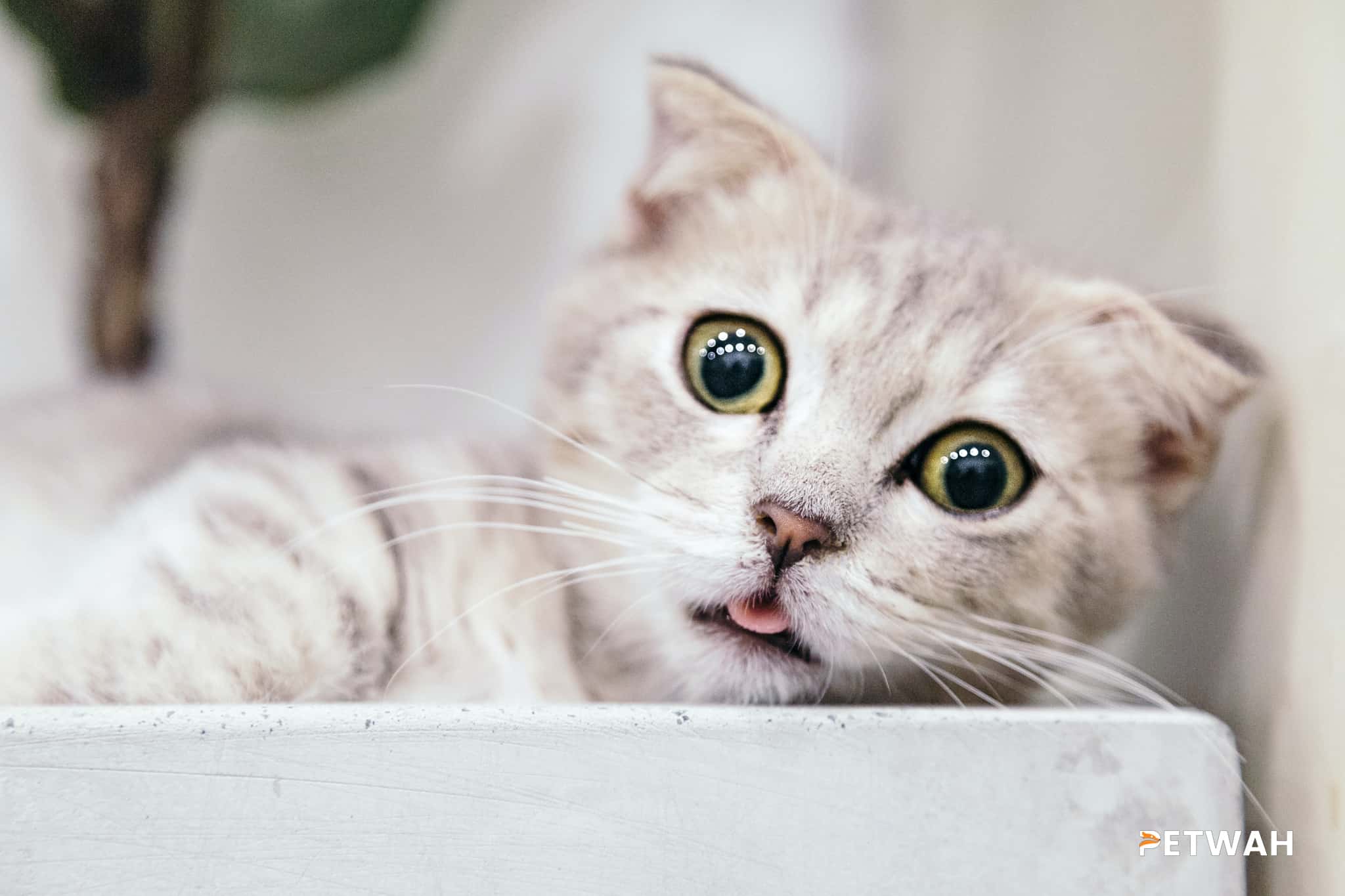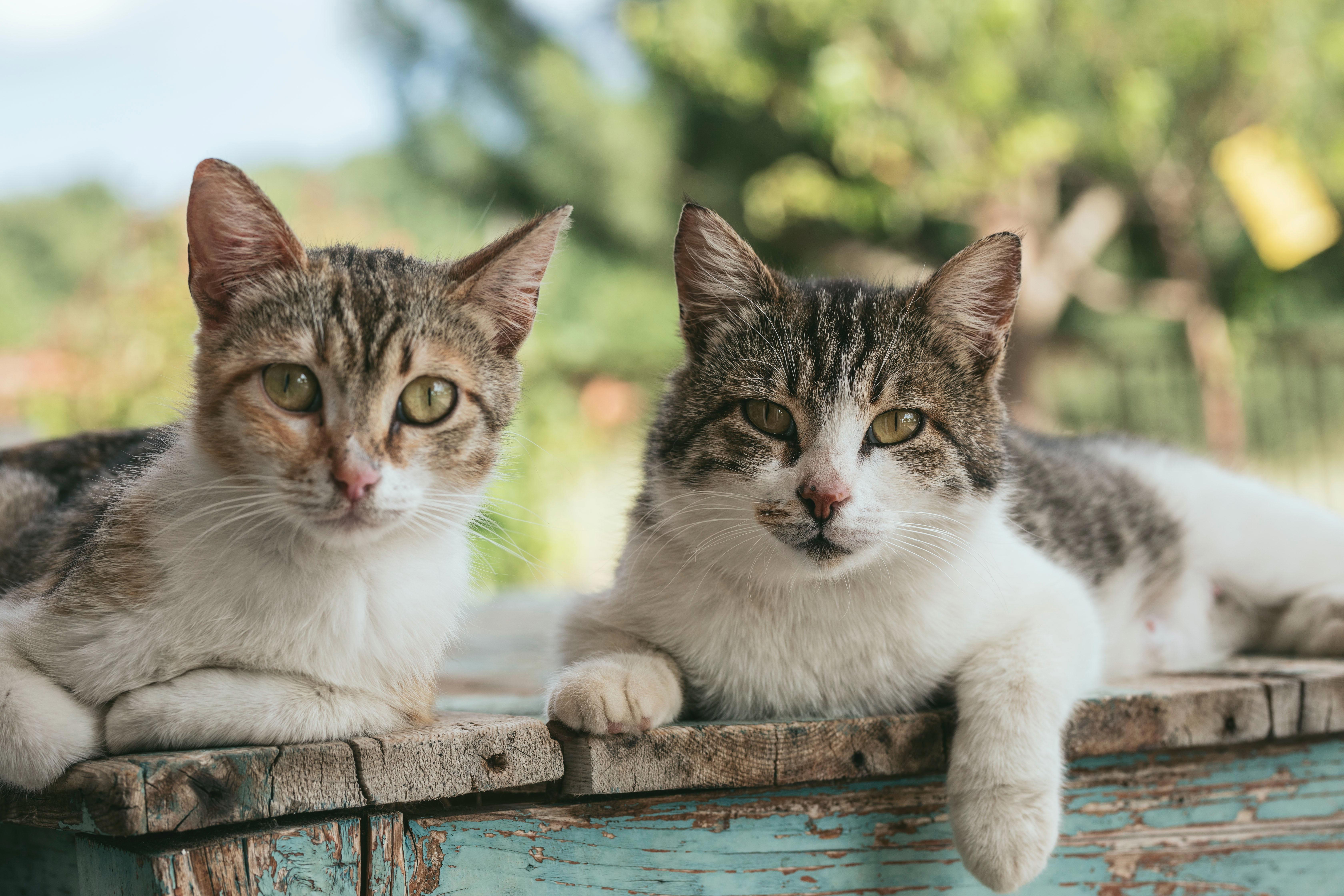Do cats purr out of pleasure, contentment, and even to heal themselves? It’s a mystery that has perplexed animal experts, pet owners, and cat lovers alike for centuries. But the answer to the purr-fect mystery of why cats purr may be closer than we think. In this blog post, we’ll delve deep into the science of cat purring to uncover the truth behind this enigma. So, put on your detective’s cap and join us on our quest to unravel the mystery of why cats purr!
Ah, the sweet, soothing sound of a cat purring. It’s a sound that can bring joy to any home, as cats are known to be some of the most beloved animals in the world. But what exactly causes cats to purr? That’s the purr-fect mystery that has scientists scratching their heads in search of an answer.
To begin unraveling this enigma, let’s first look at the anatomy of a cat’s purr. Cats produce the sound by vibrating their vocal cords, which are located in their larynx. This vibration produces a low, rumbling sound that is produced in a rhythmic pattern. The frequency of the purr is typically between 25 and 150 Hertz, with the average being around 50 Hertz.
In terms of the cat’s behavior, the purr is usually associated with positive emotions such as contentment and pleasure. This makes sense, since cats purr when they’re happy or relaxed. Some cats even purr when they’re being petted or groomed.
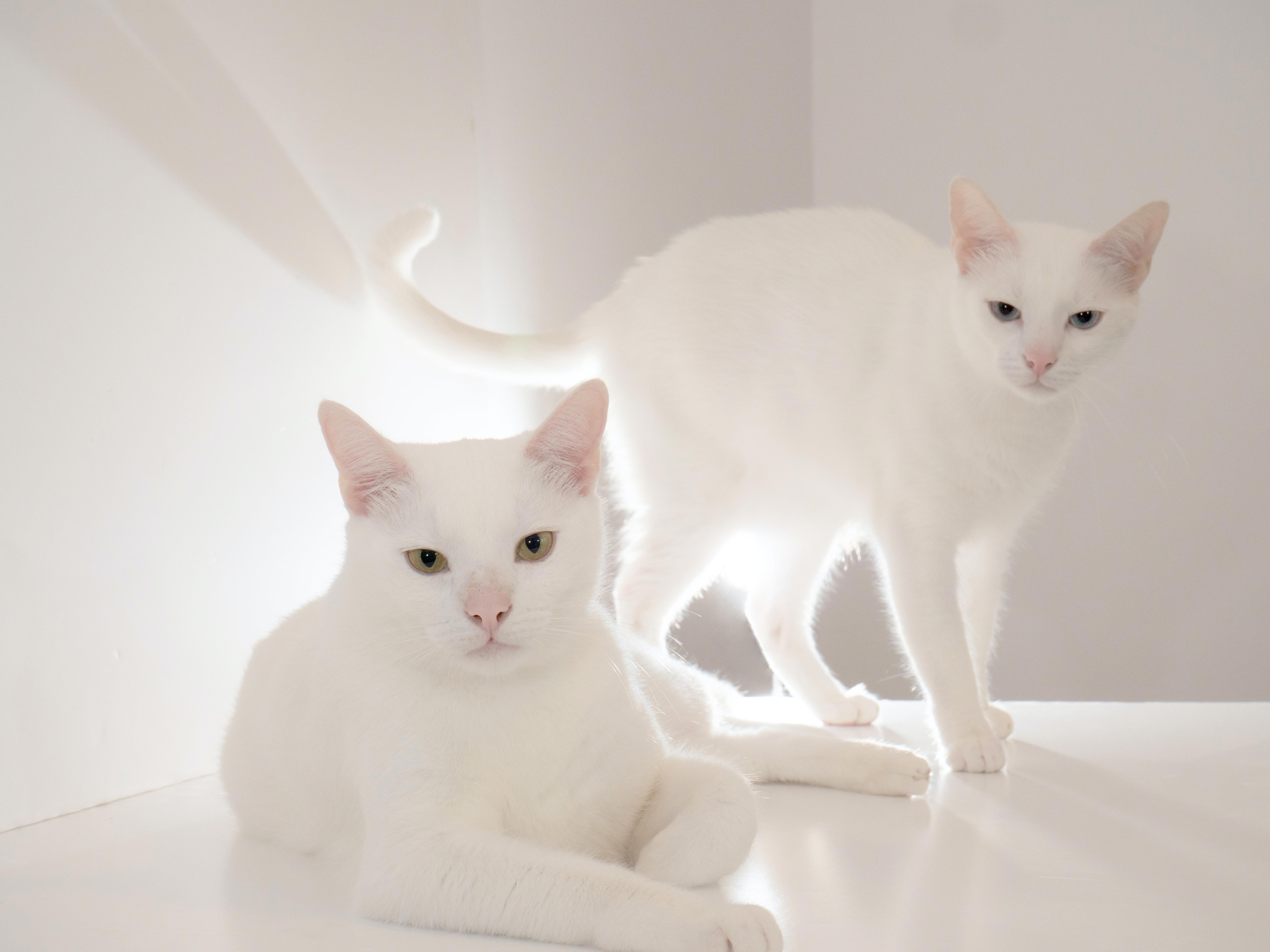
So why do cats purr? That’s the million-dollar question that scientists have been trying to answer for centuries. One popular theory is that cats purr to communicate with their owners. Cats may use purring to show affection and to let their owners know that they’re content and happy.
Another theory is that cats purr to self-soothe. When cats are stressed or in pain, they may purr to release endorphins, which helps to reduce their stress and discomfort. This could explain why cats purr even when they’re not being petted or groomed.
Finally, there’s the hypothesis that cats purr to build and maintain a sense of community among their peers. Studies have shown that cats who purr in the presence of other cats are more likely to form strong bonds with one another. This could explain why cats purr when they’re around other cats, even if they’re not being petted or groomed.
So, while the exact reason why cats purr is still a mystery, there are a few theories that may provide some insight. Whether cats purr to communicate with their owners, self-soothe, or build relationships among their peers, one thing is for sure: cats’ purrs bring joy to any home!
In conclusion, cats are fascinating creatures and their purring is one of their many mysteries. While it may not always be clear why cats purr, the sound is an unmistakable sign of contentment and love. Cats may purr for a variety of reasons, but the important thing is that we appreciate this sound and all the joy it brings to our lives. So, the next time your cat is purring, take the time to appreciate it, and marvel at the purr-fect mystery of cats!



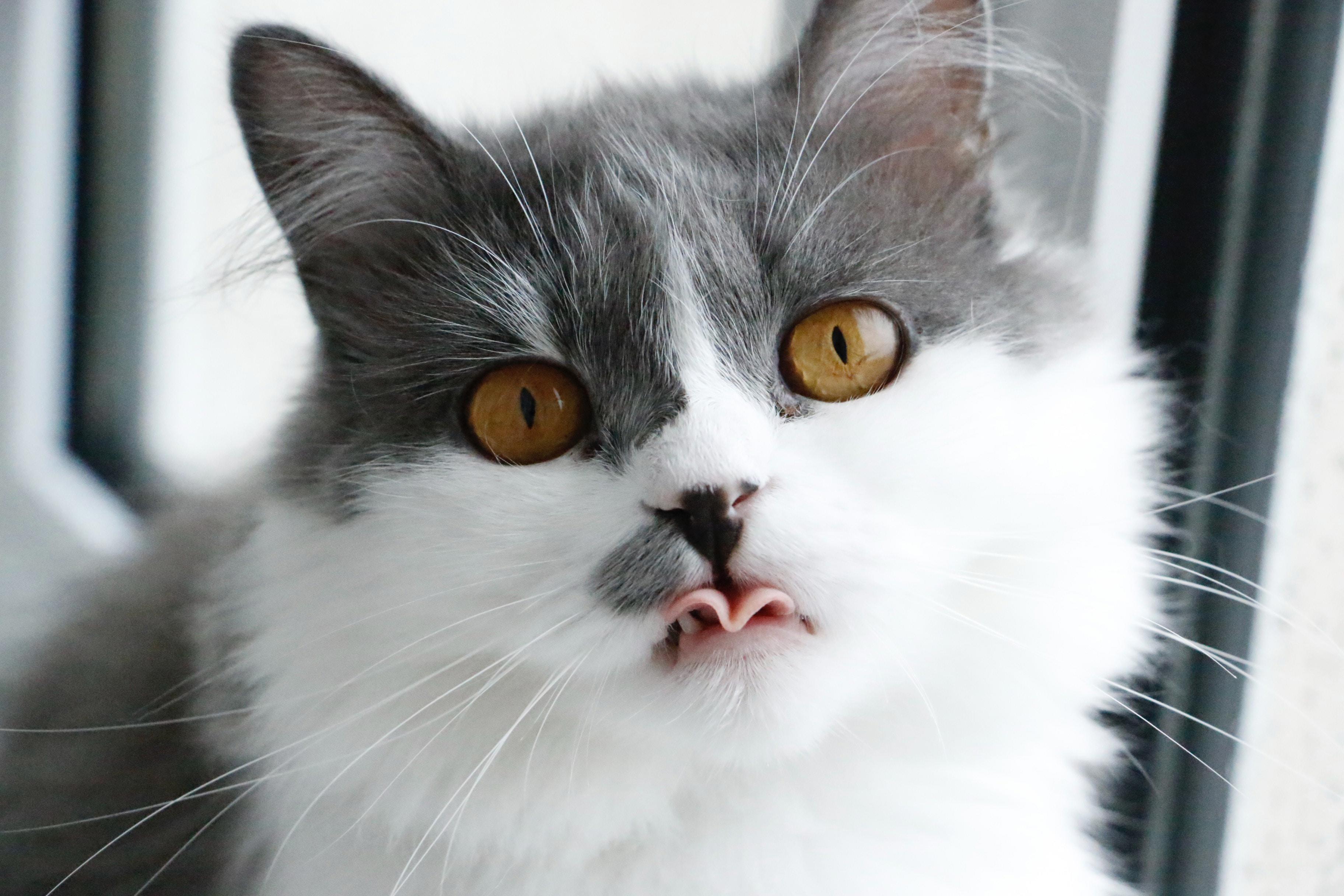
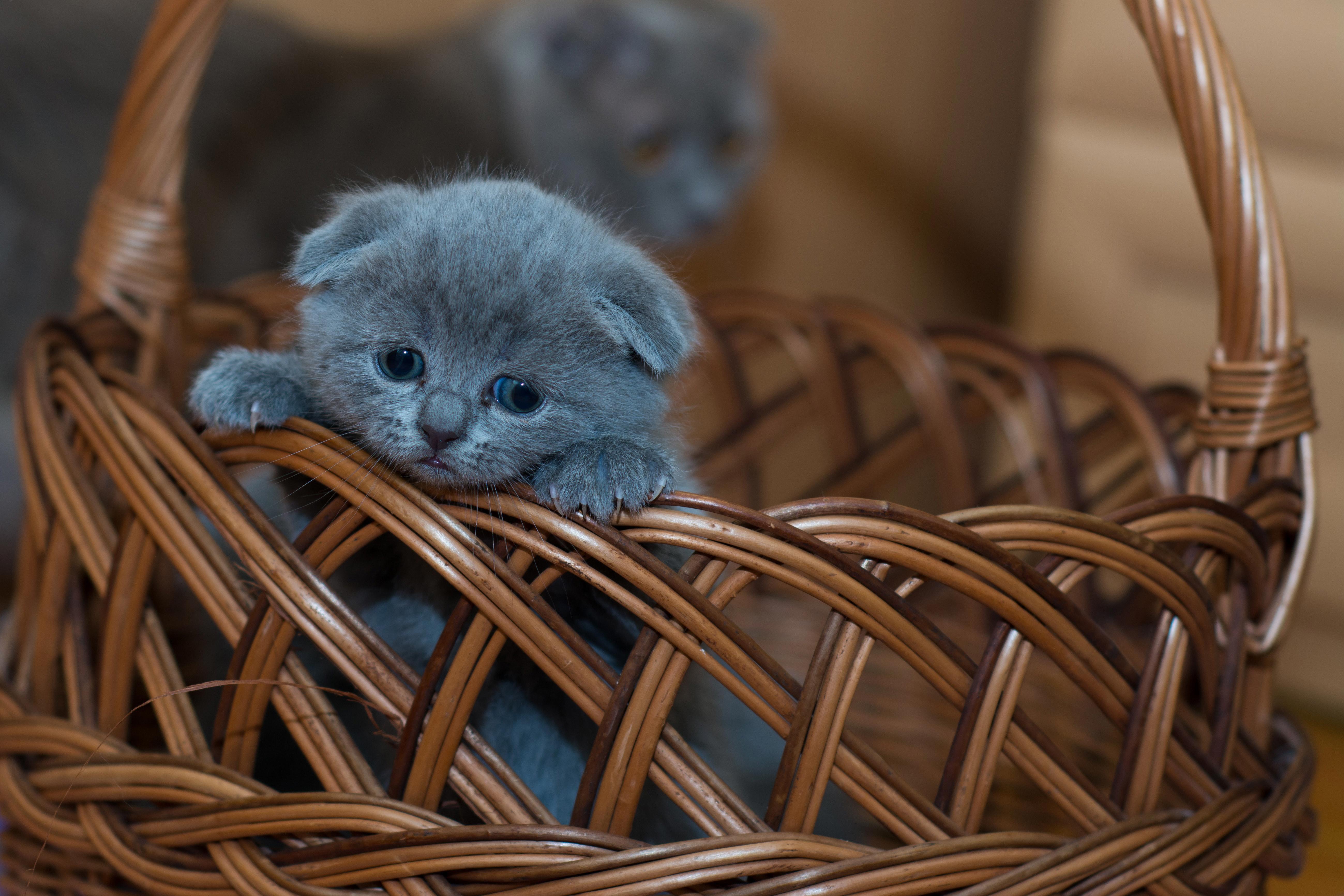
.jpg)
